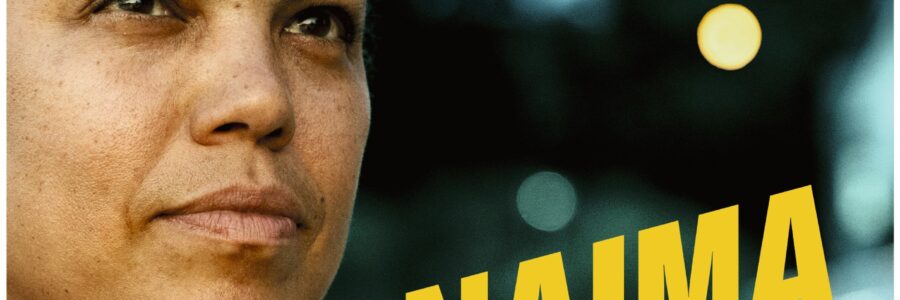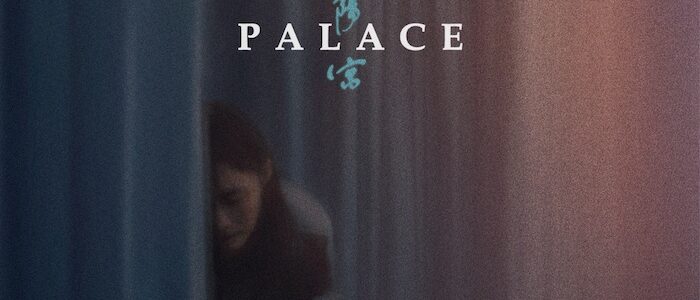NAIMA – a heroine abroad
After many years working in the low-paid sector, the charming Naima, originally from Venezuela, has finally landed a job as an apprentice nurse. … But her happiness comes up against harsh reality: the patients love her empathetic humour, but her colleagues criticise her professional distance. When Naima fails her placement, her world collapses. But then she embarks on her toughest battle yet: standing up for herself.
We look behind a façade of prejudice and show a fighter who is looking for the right path to integration for herself and for many others. Naima should give courage not only to migrants, but also to all those fighting for their place in society.
Naima is a heroine of such strength and vitality that you fall in love with her charm from the very first moment. Dok Leipzig, Vika Leshchenko
In the media, migrants often appear as a threatening group, but we rarely learn who they really are. NAIMA shows the struggles and untapped potential that many still carry with them, even after years in their new country. NAIMA reflects the individual fates of many migrants who, unlike ‘expatriates’, go abroad with completely different circumstances. Unrecognised qualifications and difficult access to training often prevent them from developing their potential and finding their place in society. This often results in health problems, particularly psychological ones, which constitute a vicious circle for their professional and family lives.
Promotional partners
Milchjugend.ch | Milchjugend.ch | Multimondo | Association Découvrir | Espace Femmes | Universtität Zürich Latin American Center Zurich | Alter Start | Effe | Frida | Ville de Bienne








